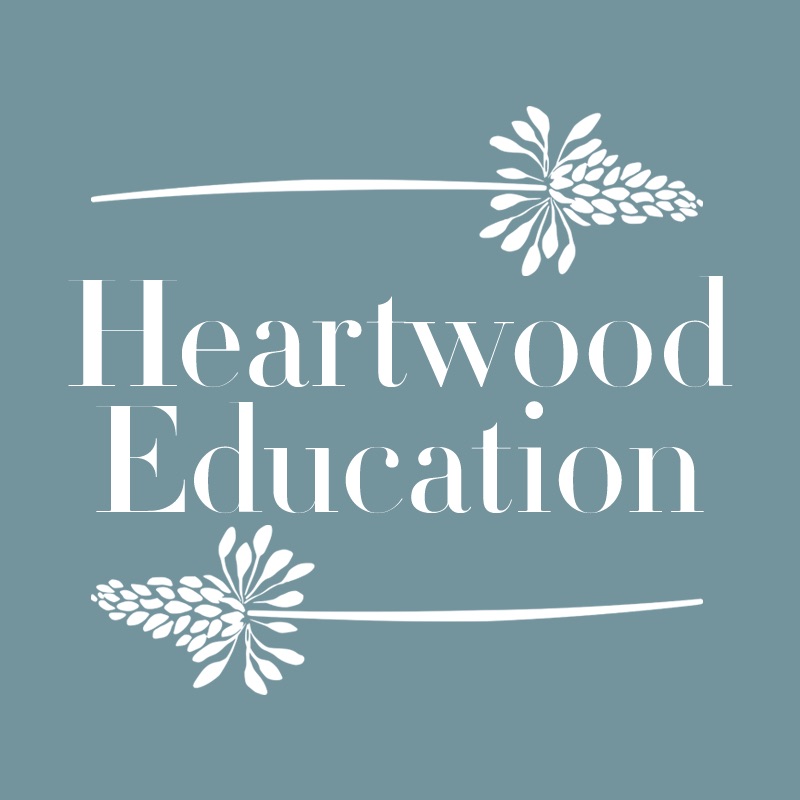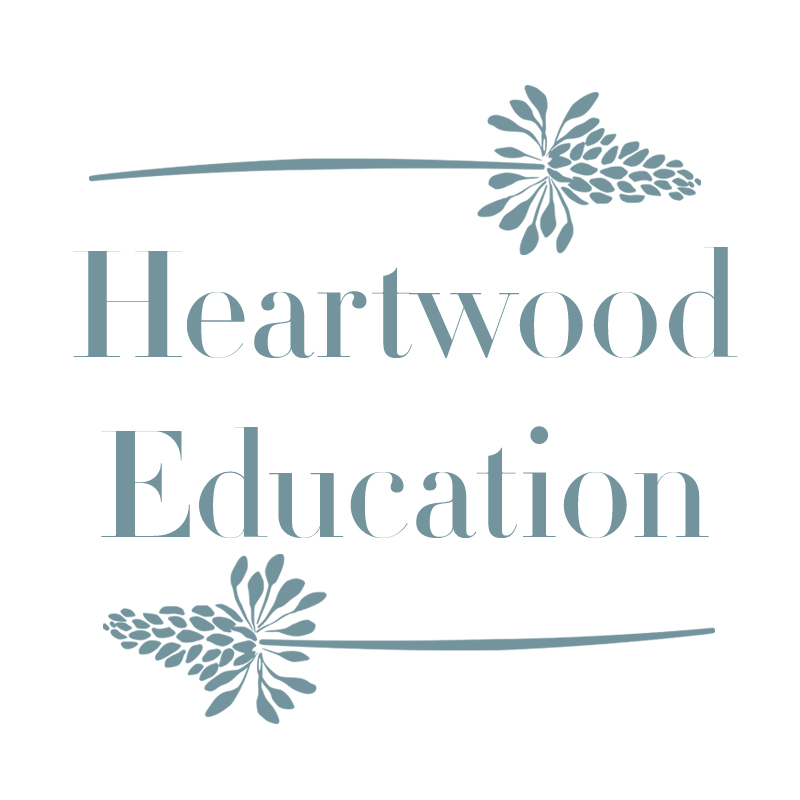Course Prospectus
Herbalism is in our roots!
Course Prospectus
Foundation Course in Herbal Medicine
The Heartwood Foundation Course is made up of 12 online Units offering a broad introduction to the field of Herbal Medicine, with emphasis on the practical use of herbs to deal with common ailments.
The course is assessed using a variety of methods including online quizzes and project tasks, and an award certificate and online badge are given to those that complete all 12 Units. Learners who successfully finish all tasks, quizzes and assignments are able to apply for a place on the Heartwood Professional Course.
Course Outline
(subject to change)
FC1
Introduction – the history, scope and philosophy of plant-based medicine
This unit touches on many different approaches to the art, and includes consideration of –
- The safety and effectiveness of herbal medicine
- How it is regulated and overseen
- The extent to which it could be said to be ‘evidence-based’
FC2
Plant science
- Introduction to plant classification
- Introduction to plant anatomy
- Introduction to the basic pharmacology of the main plant families
FC3
Human science 1 (anatomy and physiology)
- A systematic review of the structure and function of the human body.
FC4
Herbal Medicine 1
The first of three Materia Medica units, each of which includes consideration of 5 common medicinal plants. In this Unit we consider –
- Fennel
- Chamomile
- Elder
- Lemon Balm
- Meadowsweet
FC5
Human Science 2 (physiology and comparative nutrition)
A review of the main nutrient classes (carbohydrate, fat, protein, water soluble vitamins, fat soluble vitamins, minerals, trace elements, and essential fatty acids) and their relevance to human health. This unit does not present any specific approach to diet, but includes general reference to widely accepted principles of healthy eating.
FC6
Herbal Medicine 2
- Hawthorn
- Marigold
- Lime Blossom
- Lavender
- Nettle
FC7
Human science 3 (introduction to pathophysiology)
A systematic review of the changes that occur in healthy tissue when the body is exposed to factors that provoke illness, and how various body systems, organs and tissues combine to mount a healing response.
FC8
Herbal Medicine 3
- Thyme
- Marshmallow
- Yarrow
- Cleavers
- Dandelion
FC9
Taking an in-depth look at commonly seen conditions by the medical herbalist and other primary Health Care workers.
In unit 9, you will:
- Learn the broad concepts of conventional pathophysiology, of URTI’s, sinusitis and gastro-oesophageal reflux.
- Learn about each condition from a Western herbal medicine viewpoint, and how herbal medicines are not applied to the patient as if they are natural versions of conventional drugs.
- Learn what you can do for yourself in terms of changes to diet and lifestyle, and the role of domestic medicine.
- Have the opportunity to make a medicinal compound, and test your understanding of the actions of the 15 herbs we have studied in this Foundation Course.
FC10
Taking an in-depth look at commonly seen conditions by the medical herbalist and other primary Health Care workers.
In unit 10, you will:
- Learn the broad concepts of conventional pathophysiology, of osteorarthritis and insomnia.
- Learn about each condition from a Western herbal medicine viewpoint, and how herbal medicines are not applied to the patient as if they are natural versions of conventional drugs.
- Learn what you can do for yourself in terms of changes to diet and lifestyle, and the role of domestic medicine.
- Have the opportunity to make a medicinal compound, and test your understanding of the actions of the 15 herbs we have studied in this Foundation Course.
FC11
Taking an in-depth look at commonly seen conditions by the medical herbalist and other primary Health Care workers.
In unit 11, you will:
- Learn the broad concepts of conventional pathophysiology, of Irritable Bowel Syndrome and commonly encountered skin conditions such as eczema and psoriasis.
- Learn about each condition from a Western herbal medicine viewpoint, and how herbal medicines are not applied to the patient as if they are natural versions of conventional drugs.
- Learn what you can do for yourself in terms of changes to diet and lifestyle, and the role of domestic medicine.
- Have the opportunity to make a medicinal compound, and test your understanding of the actions of the 15 herbs we have studied in this Foundation Course.
FC12
In this final unit we draw together ideas and concepts from the previous units and unite them into a cohesive whole.
You will:
- Have the opportunity to complete your personal plant project.
- Be introduced to further concepts underpinning herbal medicine such as how our co-evolution with plants has altered our genome, making herbal medicine a safe option for most people.
Fees
Frequently Asked Questions
***
Can I complete it in less than a year?
If you are keen to progress to the Professional Course, you may be eligible to join the Fast Track route. This programme begins every April and allows you to complete all 12 units in a shorter time frame. Please note that you can only apply for the Fast Track option if you have applied for, and been accepted onto, the Professional Course starting in the same year. Participation is subject to fees, terms, and conditions.
What equipment do I need?
A small hand lens and tea making equipment.
Do I need a garden?
No, herb samples may be purchased online to assist with course content.
Is it all online?
Yes, all lessons are delivered and assignments submitted via our online Learning Management System.
What is assessed?
All students follow an assessed pathway, which includes tasks, quizzes, short written assignments, and a final written monograph on a medicinal plant.
To successfully complete the Foundation Course, students must:
- Attend (or watch the recording of) 10 out of the 12 monthly live webinars.
- Complete all Units and submit all Unit assignments for feedback or grading.
Those wishing to earn a certificate of completion, and/or would like to progress, must successfully complete the course with a minimum grade of 40% (or a grade of 60% to be eligible for the Professional Course).
Students are welcome to participate in the Foundation Course without completing assignments. However, please note that in such cases, they will not receive a certificate or grade.
Will I be able to sell my own products legally?
The course is not designed to educate students in making herbal products for the retail market. Selling herbal products must comply with relevant legislation.
For further guidance, see:
https://www.gov.uk/guidance/apply-for-a-traditional-herbal-registration-thr
Do I have to attend every webinar?
All webinars are recorded and archived and are available to view at any time during the course. When you view a recorded webinar, that fact that you have watched it is logged on the Learning Management System and counts as attendance.
Will I be able to prescribe herbs once I complete the course?
It is Heartwood’s strict policy that only qualified and insured medical herbalists who have completed a full professional training in herbal medicine – and who belong to a recognised professional practitioner organisation – should prescribe herbal medicines.
Once completed, will I definitely be able to join the Professional Course?
Entry criteria for the Professional Course are as follows:
A) Successful completion of all 12 Units of the Heartwood Foundation Course plus a minimum 60% grade for the final herb monograph (or a Heartwood approved alternative course).
B) 4 GCSEs at grades A-C / grade 4 or above (including English, Maths and a Science); or BTEC Level 2/First Diploma (in a relevant subject with merit or distinction); or NVQ Level 2; or equivalent Level 2 qualification.
C) Those without GCSE English at grade C / grade 4 or above need to offer proof of proficiency in English, for example:
- Cambridge Advanced Certificate (CAE) / Cambridge C1 Advanced – 185 overall with a minimum of 176 in each skill
- Cambridge Certificate of Proficiency in English (CPE) / Cambridge C2 Proficiency – 185 overall with a minimum of 176 in each skill
- IELTS (Academic) – 7.0 overall with a minimum of 6.5 in each skill
- Pearson Test of English (Academic) – 69 overall with a minimum of 62 in each communicative skill
- TOEFL iBT Institution code: 0394 – 100 overall with a minimum of 25 in writing and 23 in each of the other skills
- Trinity College London Integrated Skills in English (ISE) – Level III (ISEIII) with merit in each skill
Note: Applications from those over 21 with an existing qualification and/or experience in another therapeutic discipline are considered for course entry on a case-by-case basis.

Need help?
Get in touch
Heartwood Education
19 Saltfield Crescent,
Luton, Bedfordshire,
LU4 9NU
+44 (0) 1342 824555
